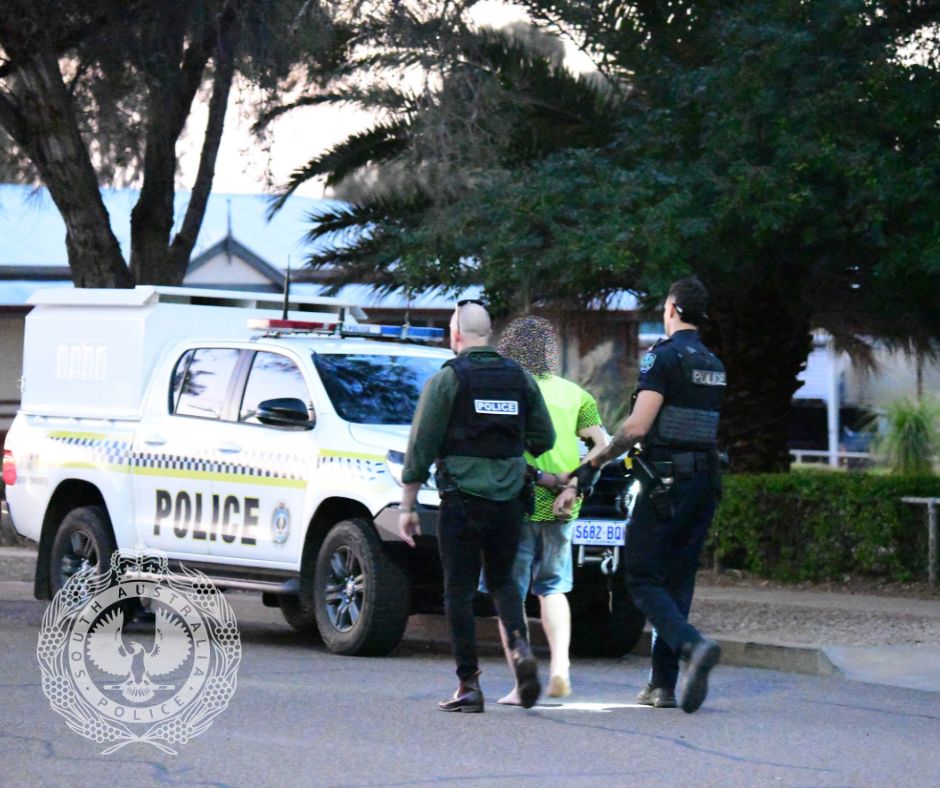World Vision Australia CEO Daniel Wordsworth said tonight’s budget was a win for vulnerable children facing long-term uncertainty, as the world experienced an unprecedented number of humanitarian crises.
The aid budget for existing crises such as those in Ukraine, Afghanistan, Myanmar and Bangladesh, has been increased from $114.3 million to $144.9 million.
“There is a new wave of conflict and fragility sweeping the globe. Previously stable countries – such as Ethiopia, Myanmar and now the Ukraine – are experiencing outbreaks of violence, war and growing instability, ushering in a new era of fragility,” Daniel said.
“By 2030, 80 per cent of the world’s extreme poor will live in fragile countries and this is the biggest challenge facing humanitarians,” he said.
World Vision praised the additional 16,500 humanitarian visas over four years for Afghan refugees fleeing the conflict there, something we have been advocating for over the past few months.
Daniel said 44 million people were also on the brink of famine, and conflict and climate change was only making things worse, as food prices soared.
Daniel said while the increasing size of the aid budget was important, the question of who would benefit from the funding was key – and global hunger, climate change and children should be the major priorities this year.
“Australians want to see aid go to the world’s most vulnerable children – such as programs addressing child stunting in the Pacific or helping refugee children fleeing Ukraine with their mothers and grandparents or girls in Afghanistan continuing to attend school.
“Australians are right to be concerned about the state of the world, and they want to see their government help us solve the biggest global challenges of the day, like climate change,” Daniel said.
World Vision is advocating that these new federal funds are now directed to address the needs of children, soaring global hunger and nature-based solutions to climate change.
“The work now begins to make sure this money is invested smartly. To invest in children – aside from being the right thing to do – is smart. Support for children has life-long impact,” he said.
“Building a better world means putting children at the centre of Australia’s aid in the next term of government, and beyond – and the Pacific is home to one of the world’s youngest populations.
“I’m looking forward to seeing how this budget will build a better future for children, as they are key to breaking the intergenerational cycle of poverty,” he said.
Daniel acknowledged that the government had increased the aid budget to $4.55 billion overall. This includes $460 million in supplementary measures mostly for the economic recovery in the Pacific. Daniel said community-based climate action deserved greater attention and that is something World Vision would continue to advocate for.
The Australian Government also confirmed the doubling of its climate finance commitment by providing $2 billion between 2020-2025 to developing countries in the Indo-Pacific region, including $700 million for the Pacific.
“We’d like to see the government work with us on a $60 million green recovery package in the Pacific and East Africa using nature-based solutions to combat climate change and improve outcomes for local communities,” Daniel said.
World Vision is Australia’s largest international humanitarian and development organisation working in some of the world’s most fragile places to help children and tackle the big issues like climate change and world hunger.






